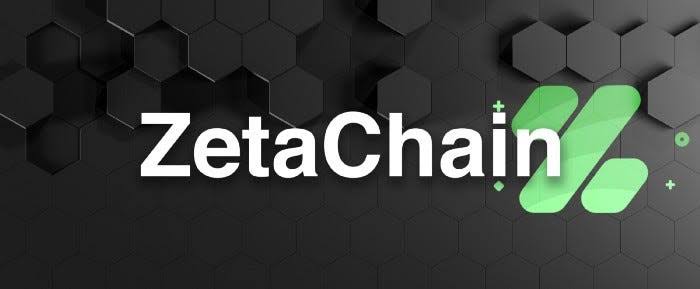Layer 1 networkIn a statement on August 16, ZetaChain stated that it has obtained $27 million to promote its chain-independent platform.Among the investors who took part in the round are Blockchain.com, Human Capital, Vy Capital, Sky9 Capital, Jane Street Capital, VistaLabs, CMT Digital, Foundation Capital, Lingfeng Capital, GSR, Kudasai, and Krust.
The 2021 protocol was developed to offer standardized network interoperability, enabling non-smart contract chains to communicate with the larger decentralized finance (DeFi) ecosystem.Developers can therefore use smart contracts on platforms like Bitcoin and Dogecoin that do not support the technology.
A smart contract is an electronic document that is kept on a blockchain and is automatically carried out when certain criteria are satisfied.The capacity of contracts to communicate between blockchains has, however, been a weakness in the crypto ecosystem.By enabling developers to create omnichain decentralized apps (DApps), ZetaChain hopes to address this problem by enabling access to all assets and data from a single platform, regardless of the blockchain on which they were generated or kept, and without the use of bridging or wrapper tokens.
According to ZetaChain, more than 27,000 DApp contracts from a variety of third-party apps, including cross-chain DeFI, nonfungible tokens, Web3 identities, and gaming protocols, have been implemented on the platform.According to the protocol, more than 1.7 million users have carried out over 13 million transactions on its testnet.Ankur Nandwani (ex-Coinbase, Brave, and 0x), Panruo Wu (early contributor to THORchain), and Brandon Truong (ex-BuzzFeed, Udacity, and Yada) are a few key contributors to the platform that have been involved from its beginning.The core team also includes a number of people who formerly worked on the blockchain projects Cosmos, Ignite, ConsenSys, and others.
“Our [Ethereum Virtual Machine] EVM-compatible cross-chain smart contracts alleviate these issues by allowing decentralized app developers to build services that are faster, more secure, and easy to use,” Nandwani noted in a statement.


